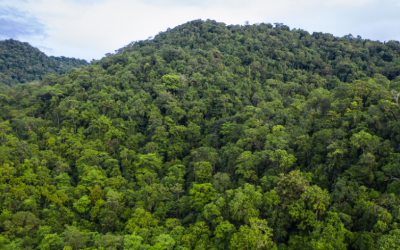Indonesian President Joko Widodo and Papua New Guinea (PNG) Prime Minister James Marape met recently to enhance bilateral cooperation across various sectors, with a significant focus on energy and infrastructure development. A key highlight of the meeting was the inauguration of the electricity network from Jayapura in Indonesia to Wutung in Papua New Guinea, marking a new chapter in energy collaboration between the two nations.
President Widodo announced that electricity has officially been activated in Wutung, thanks to the joint efforts of Indonesia’s state-owned electricity company PT PLN and PNG Power Ltd. This power network is expected to improve living conditions in the border region, fostering further economic and social development. Widodo underscored Indonesia’s dedication to supporting PNG’s growth, highlighting projects like the renovation of a hospital in Port Moresby and the construction of public facilities in West Sepik as examples of Indonesia’s ongoing commitment.
Beyond energy, the two leaders discussed broader cooperation, including a memorandum of understanding (MoU) covering health, transportation, education, and defense. This MoU signifies an expansion of their relationship from focusing solely on border issues to encompassing commerce, trade, education, and health, reflecting the evolving dynamics of the Asia-Pacific region.
Prime Minister Marape expressed optimism about the future, noting that while there are many opportunities, there are also challenges ahead. He emphasized the importance of continued dialogue and collaboration to navigate the complexities of the region.
Papua New Guinea has faced significant challenges in providing reliable electricity to its population. With less than 15 per cent of the population having access to electricity, the country has one of the lowest electrification rates in the world. The power network is primarily concentrated in urban areas, leaving rural regions, where the majority of the population resides, largely underserved. The collaboration with Indonesia to provide electricity to the border region is a significant step toward addressing these disparities. It not only improves access to electricity but also strengthens economic ties with Indonesia, which could pave the way for further infrastructure and energy projects in the future.



